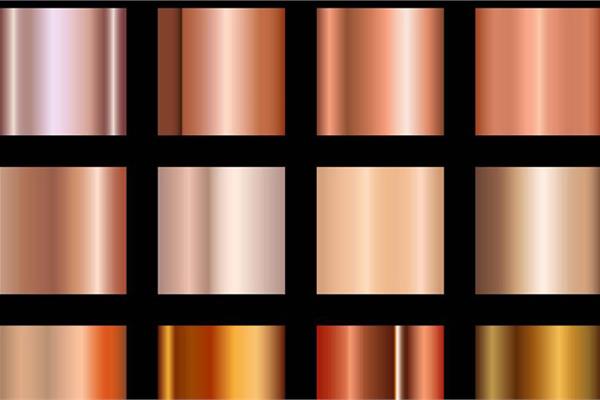
The new Kolzer machines allow to apply an antibacterial copper coating using the Sputtering technique. Copper is a chemical element that, according to a research conducted by the University of Southampton, boasts antibacterial and antiviral properties.
A research from the University of Southampton, United Kingdom, has shown that using antimicrobial copper contact surfaces could not only disrupt the chain of contamination, but at the same time reduce the possibility of developing antibiotic resistance.
"If critical environments are properly cleaned, copper can be an excellent ally against viruses and bacteria," says Professor Bill Keevil, chief of CORDIS of the Environmental Health Department of the University of Southampton.
With the aim of helping to tackle the health emergency due to the Coronavirus pandemic, Kolzer is providing its skills and machinery that allow to apply, using the Sputtering technique, copper nanoparticles on the surfaces with which we come into contact everyday. Door and window handles, handrails, light switches and lift buttons are just some of the objects that we touch daily and which, especially in this particular period, we must constantly sanitize.
"Sputtering is a fast, economic and ecological process, which is carried out in a vacuum and which allows copper to be deposited on any surface with high efficiency, uniformity and functionality. Currently, about 6 industrial reactors for tests and trials are available at the Kolzer headquarters in Cologno Monzese," explains director Antonio D'Esposito.